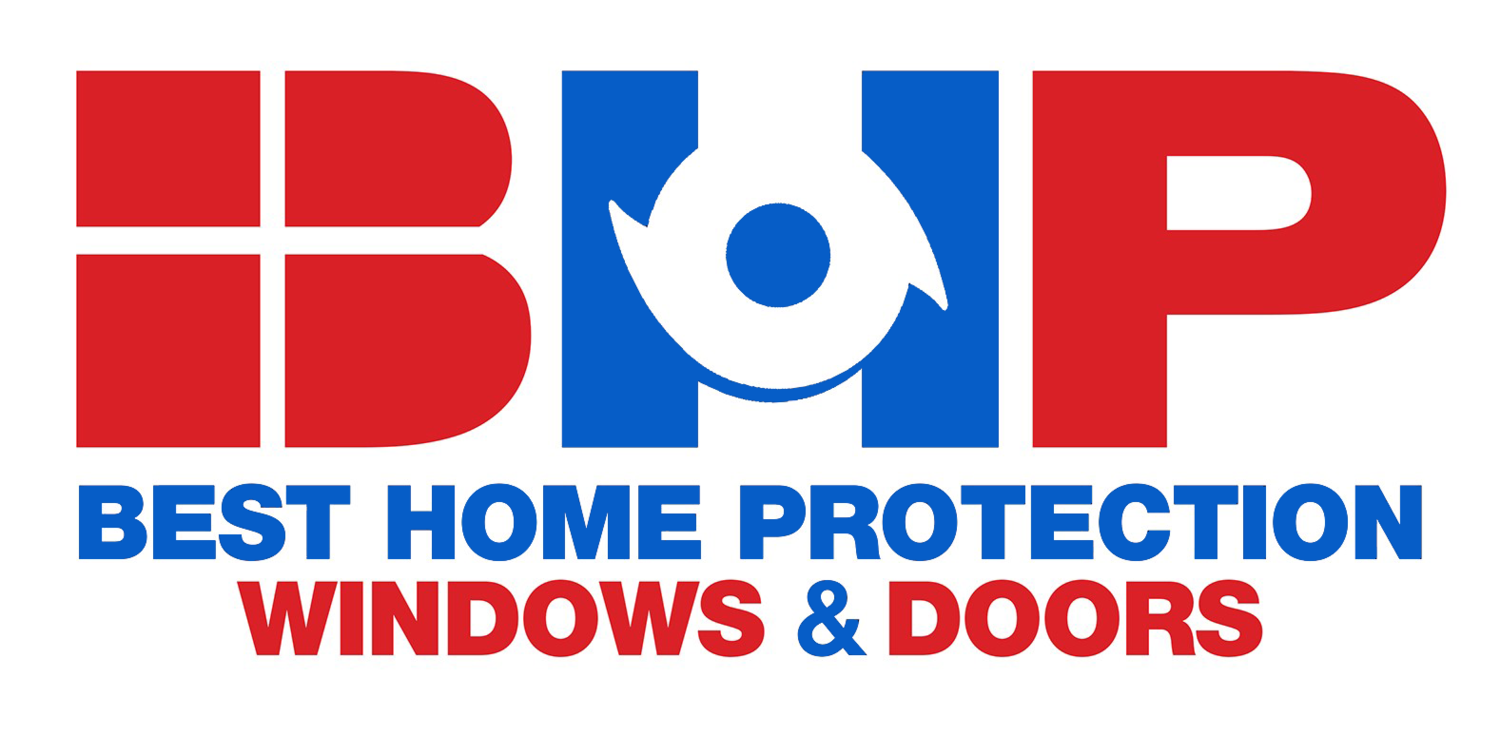Overview
Residential impact-resistant windows and doors, also generally known as hurricane windows, are products that consolidate heavy-duty frames with impact-resistant laminated glass and a unique silicone glazing process to keep the glass from tearing away from its frame. Hurricane windows offer the most exceptional protection against storms, primarily in the state of Florida where storms are a common phenomenon. Impact windows additionally offer other benefits, including noise mitigation and better protection against intruders. With hurricane windows and doors, your home's enclosure will remain intact, even if a window or door is hit with a flying piece of wood or rubble.
Design Characteristics
Impact windows and doors' main design characteristics are the shatter-resistant glass securely attached to a heavy-duty aluminum frame. The impact-resistant glazing consists of two layers of annealed or tempered glass bonded to an intermediate layer of a shatter-proof membrane. This membrane is typically made of Polyvinyl Butyral (PVB), a plastic film which varies from .015 to .090 inches in thickness, depending on the design pressures needed. If the outer glass breaks, the shattered pieces will adhere to the PVB film. Another option is Sentry Glass (SGB) which is stronger and can withstand higher wind pressures in comparison to (PVB). In contrast, standard-glass windows are made of standard float glass that, when broken, will fracture in large sharp shards.
glass types
Laminated Heat Strengthened
A unique silicone glazing method helps keep the laminated glass from breaking away from the frame. Laminated glass is composed of two pieces of glass bonded collectively with a powerful clear interlayer. Once sealed, the glass "sandwich" behaves as an individual unit and is translucent like conventional glass.
Laminated Insulated Heat Strengthened
A unique silicone glazing method helps keep the laminated insulating glass from separating away from the frame. Laminated insulating glass is formed of three panes of glass: two panes of glass bonded together with a tough, clear interlayer for shock resistance and one pane for added padding. Once sealed, the glass "sandwich" behaves as a single unit and is translucent like conventional glass.
Windows and doors Requirements
Each impact-resistant window and door model we sell goes through testing requirements set by Miami-Dade County, the most precise wind-borne debris standard in the entire world. Our impact-resistant products are examined and comply with the more capable Large Missile standard (LMI).
Out of six testing standards, there are two prime elements to the wind-borne debris examination protocol:
The Missile Test (Impact Requirements)
Large Missile (structures up to 30 feet)- 2×4 missile weighing 9 pounds shot from a canon at 50 feet per second – two impacts
Missile (structure from 30 feet and above)- Ten 2 gram steel balls cannon test at 89 mph – three impacts
Note: The Cyclical Test pressure varies between different products. The stronger products are tested and pass higher pressure, which equals to greater wind resistance. The test results are documented in terms of pounds per square foot (PSF).
IMPACT CODE APPROVAL
Impact-resistant windows and doors can only be considered as such if they have gone through rigorous test specifications defined by an approved code body and have also received a Notice of Acceptance (NOA) or some other form of approval documentation such as (FL). The pressure of the Cyclical Test used is also documented in the approval, shown as PSF (pounds per square foot). All NOA’s are unrestricted public information and should be accessible through the various code parties. For your protection when purchasing, make sure all products include their NOA’s. For Miami-Dade, you can go to their website at:
www.miamidade.gov/buildingcode.
why you should consider impact-resistant products
It's clear that the abundance of long-term benefits from the installation of impact windows are worth the investment. They are more than a seasonal product and can make life easier and safer. Some of the benefits include but are not limited to:
Increase In Home Value:
Replacing old non-impact windows and doors does raise your home's value. If you spend $15,000 to replace your home's windows, your home could rise in value by roughly $11,000. This represents a return on investment of 74 percent, which is a great financial payoff.
Reduced Insurance cost:
Offering a premium on homeowners' insurance in the state of Florida is not a choice for insurance companies; it is a requirement. Florida Statute 627.0629(1) states that insurance companies “must offer discounts, credits, or other rate differentials for construction techniques that reduce damage and loss in windstorms”.
Increased Energy Efficiency:
The laminated glass and specialized coatings used in impact-resistant windows and doors produce a barrier that blocks the heat from entering your home. Florida experiences as many as 100 days of 90 degrees or higher per year. Our climate, although fair, can bring us some unwelcome and extremely high air conditioning bills. When you have hurricane-resistant windows installed in your home you will see lower energy bills as a result.
No Shutters Needed:
When you choose to install impact windows in your home, you are not required to have hurricane shutters in place. These cost-effective windows cannot be damaged during any storm, no matter how powerful it is. One downside to investing in impact windows is that they cost much more than hurricane shutters but unlike shutters they are permanent. In the event of a storm, there is no need to set up shutters since the windows and doors have the same effect.
Reduced Noise
Most impact windows and doors are soundproof, the laminate breaks down sound waves that would otherwise pass right through the glass. This is ideal for people who live close to a street with lots of traffic and noise.

